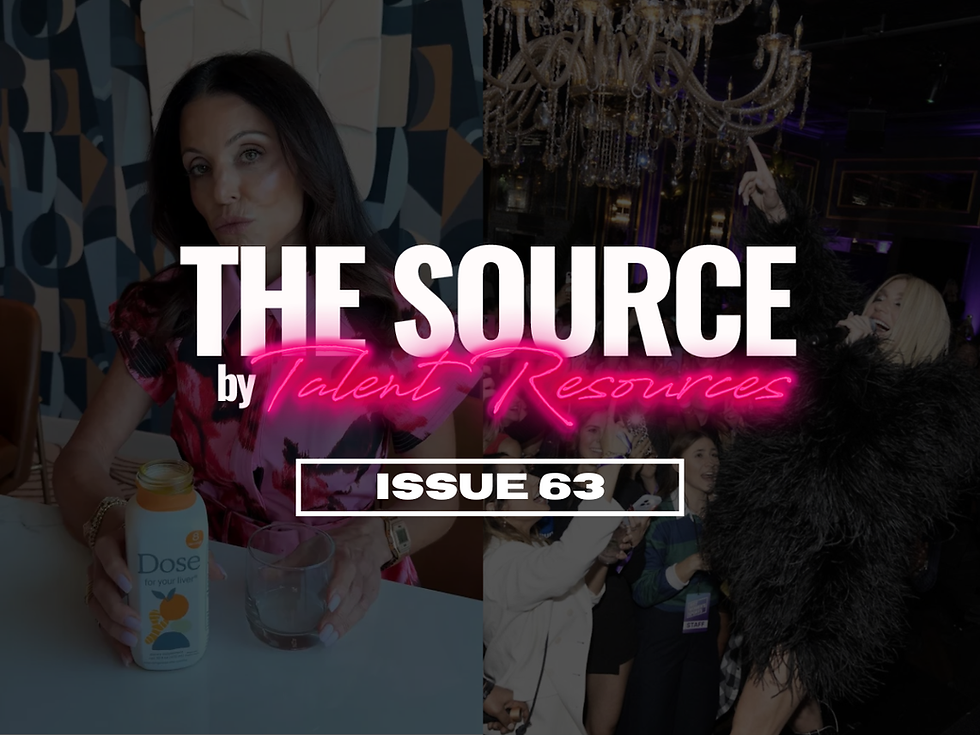A Note on Cancel Culture
- Talent Resources

- Jul 13, 2020
- 2 min read

Cancel Culture is by nature controversial to address.
At its simplest, it’s the process of getting a person “canceled” on social media because of a perceived action they have taken. The definition itself is a matter of opinion and is often seen in one of two ways. Wikipedia has labeled it “online shaming”, showing that it can be difficult to defend.
The cancel movement began taking a larger presence in social media culture in 2018 when the #MeToo conversation started to fill the media landscape. Calls to end careers were rooted in sexual misconduct allegations. With names like Matt Lauer, R. Kelly, Michael Jackson, and Harvey Weinstein being canceled, it seemed easy to support the initiative and hope for justice.
However, as the movement grew in size and momentum, more and more people began wondering if the original cause was even present anymore, or if it had turned into a self-feeding system to point out people’s mistakes.
When Kevin Hart was announced as the host for the 2019 Oscars, the cancel movement took aim at some of his jokes from 2011, in return asking for his “cancellation” because of them. This proved to be a turning point for many people, and as Hart resigned his position as the host, big names in the entertainment world like Ellen DeGeneres expressed support for him.
At this point, the debate began to shift from whether this was acceptable behavior of demanding accountability during a movement or just pointing out celebrities' past mistakes from any point in their lives. This is where the controversy lies.
Making mistakes is a part of being human. While some mistakes are harmful and unforgivable, some argue that not all the mistakes being brought to light by cancel culture should cost someone their career. This leads us to today, where more and more people have begun coming out against cancel culture, as they believe it suppresses opposing opinions and pushes for specific narratives. It is now a discussion of one’s freedom of speech.
This was the point made last Tuesday in a letter published by Harper’s Magazine, signed by hundreds of public figures. The letter, which in turn has received little sympathy or understanding from the public, outlines this idea that cancel culture has created a hostile climate where a person’s image can be ruined over what they see as their public opinion.
The response to this letter is leading many to face the question of whether cancel culture is becoming overly hostile, or if it is necessary in putting an end to allowing offensive statements and actions to remain acceptable.
As the debate continues and new points are made, the hope for a clear solution continues to seem like a distant possibility. While writers, celebrities, scholars, and politicians chime in on the ethics of cancel culture, teens on TikTok take a different approach and embrace the ability to call out the past of elites with sarcastic humor.
From Tony Lopez calling himself the CEO of Helicopters to Thomas Petrou building his merchandise brand on the canceled name, conversations are shifting and cancel culture will most likely continue to follow many public figures even through to the next generation.




Comments